Some people have a very distinct “sickaversary.” Others have a given “diagnosaversary.”
I have neither.
Developing dysautonomia was a slow burn, it developed just as my body did from pre-pubescence into adulthood.
And getting my diagnosis was a long, jumbled path. There was a distinct day my psychiatrist said, “I think you have POTS”—but keep in mind, that was a psychiatrist’s diagnosis. While we were very confident in him—as he had even suspected this years before—we still had to get confirmation from a cardiologist, a neurologist, a specialist, a whoever. And that was a nightmare, too.
So when I think about my journey with dysautonomia, I think about June of 2013, when my psychiatrist and first cardiologist said “POTS” as being when everything started.
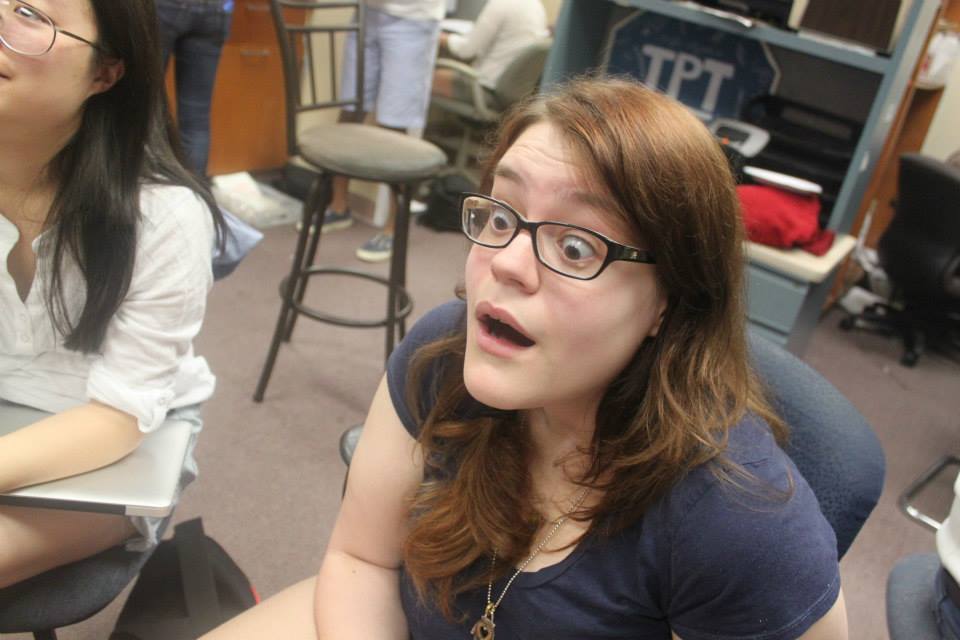
June was a disaster of a month. I had just left my dream job. In April, my psychiatrist put me on a very intense antidepressant that I reacted horribly to, but it required a slow withdrawal, and I was still recovering from it in June. The heat was unbearable that month. I was nauseated all the time, from the heat, the meds, and the POTS symptoms. I had frequent doctors’ appointments and testing—lots of blood work. I was doing my best to exercise, but it was HARD. And on top of that, the landlord of the house my family was renting passed away and we needed to find a new place to live.
The guy who drew my blood ended up fanning me with my paperwork to keep me from passing out. Good times.
— shannon linford (@shannern) June 17, 2013
In the middle of all of that, I was just trying to learn all about POTS. A lot of that time was spent trying to figure out the difference between POTS and dysautonomia (HINT for our newcomers: POTS is just a form of dysautonomia!)
My first cardiologist who diagnosed me with POTS did not want to use medication on me. He told me any medication would lessen the efficacy of my anti-depressants and at the time, we believed him. He told me that I had to exercise, and to start by taking a five minute walk every day for a week, and to increase the walk by one to two minutes every week. He told me that my body would hate it and that it wouldn’t feel good for a long time. And because he was so honest, I believed him, and I did it.
I hated it. Abhorred it. Detested it. I would take my walk, then come home and SCREAM about it. I probably burned more calories screaming about exercise than I did exercising.
I was told by every physician I was seeing (cardiologist, psychiatrist, gastroenterologist, primary care…) to stay hydrated. I got sick of all the water I was drinking, so I turned to electrolyte drinks as a treat.
I fell in love with Strawberry Lemonade Gatorade, which was then a limited edition flavor, available only at 7-11… until I harassed them daily on social media.
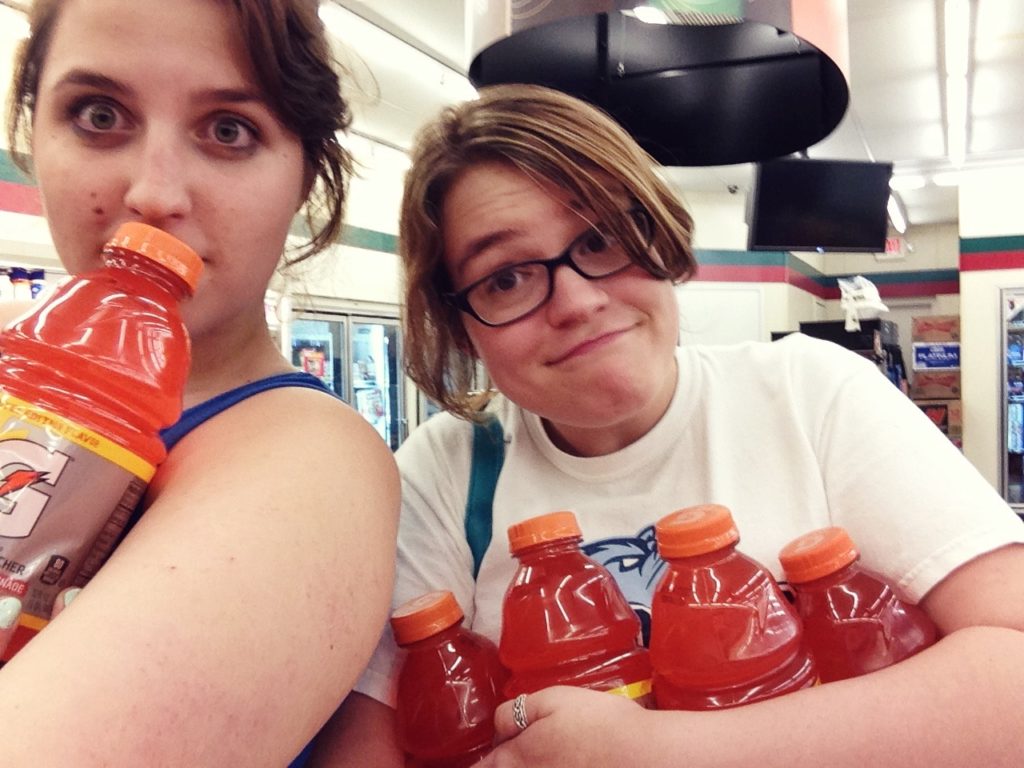

(just for the record, because of my campaigning, #linfordversusgatorade, you can now buy Strawberry Lemonade Gatorade at Giant Food and other grocery stores across the country, not just 7-11. You’re welcome.)
During my daily research, I found out about the very first Dysautonomia International Conference. I nearly screamed when I learned that it would be literally down the road from our house. It was sold out when I first saw it, but I sent a desperate e-mail begging to be let in. Thankfully, they had a few last minute cancellations and were able to let my mom and me in for the conference held the first week of July.
June was mess of a month: the definition of chaos. But I was starting an incredible new chapter of my life, the one that would explain to me the pain and heartache I’d endured my entire childhood and adolescence. Now that I was really starting adulthood at age 20, I was finally going to figure things out.
So… five years later.
I wish I could say I had cured my POTS in the last five years, or that I was even feeling better… because I’m just not right now.
But I’m healing something even more important: a decade’s worth of feeling like I was doing something wrong.
Even if there is never a cure for POTS (which is a silly scenario, because there WILL be a cure for POTS, we’re getting closer every day) — diagnosis matters, because understanding that YOU are not responsible for your symptoms is so emotionally liberating.
I equated not enjoying time outside in the summer and not liking walks with being a “bad” person, because I was often shamed for being lazy, even if it was in jest. As someone who’s overly critical of themselves, I took this to a whole new level.
I had grown up assuming that everybody was experiencing the same symptoms as me but they could suck them up. And if they weren’t experiencing those symptoms, it was because they were healthier than me, and they had earned their health by being “good” and “better” than me, and my un-health was because I was “bad.”
My diagnosis released me from this horrific way of thinking about myself.
My diagnosis told me that I functioned completely differently, I hadn’t been making anything up, and that a morality spectrum didn’t exist in my health.
Since diagnosis, I am conquering dysautonomia in so many different ways.
Case in point: I SURVIVED THE TILT TABLE TEST IN 2014. (That is a badge of honor no one can take from me.)
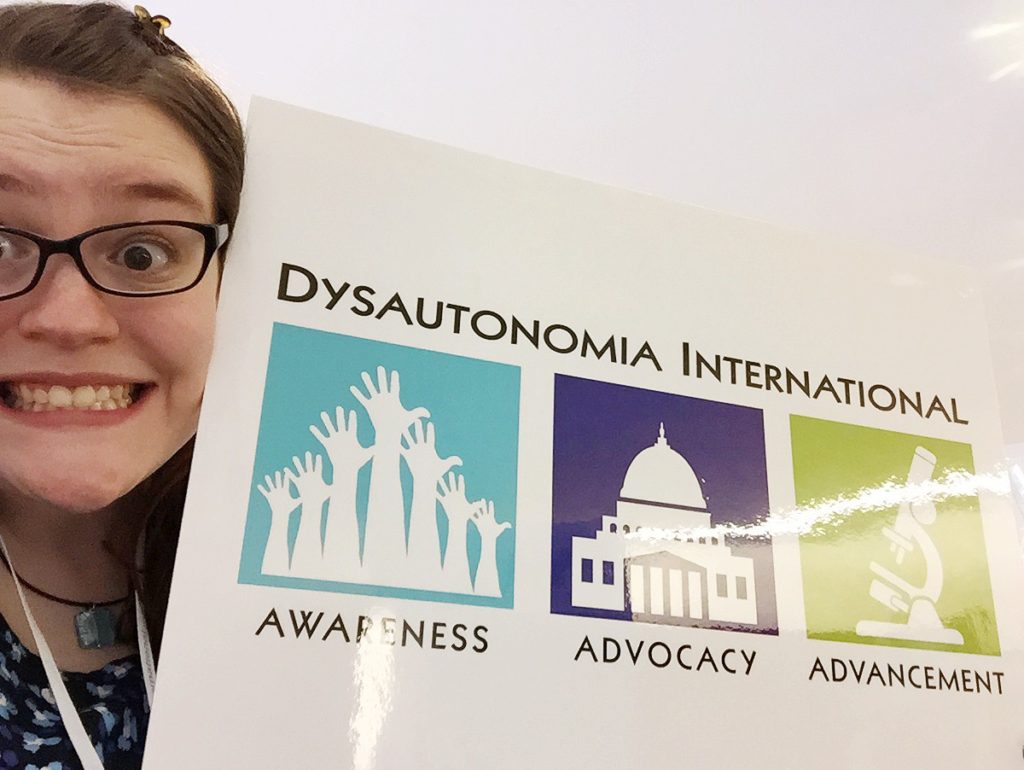
I got to intern for Dysautonomia International over the summer of 2014, and was invited to join their Patient Advisory Board after my summer conference internship. I’ve since volunteered for every conference they’ve held and I’ve spoken at the 2016 and 2017 conferences on Coping Skills for Teens and Hope & Recovery Stories.

I’ve done two Lobby Days with Dysautonomia International and I got to be a group leader for one of them.
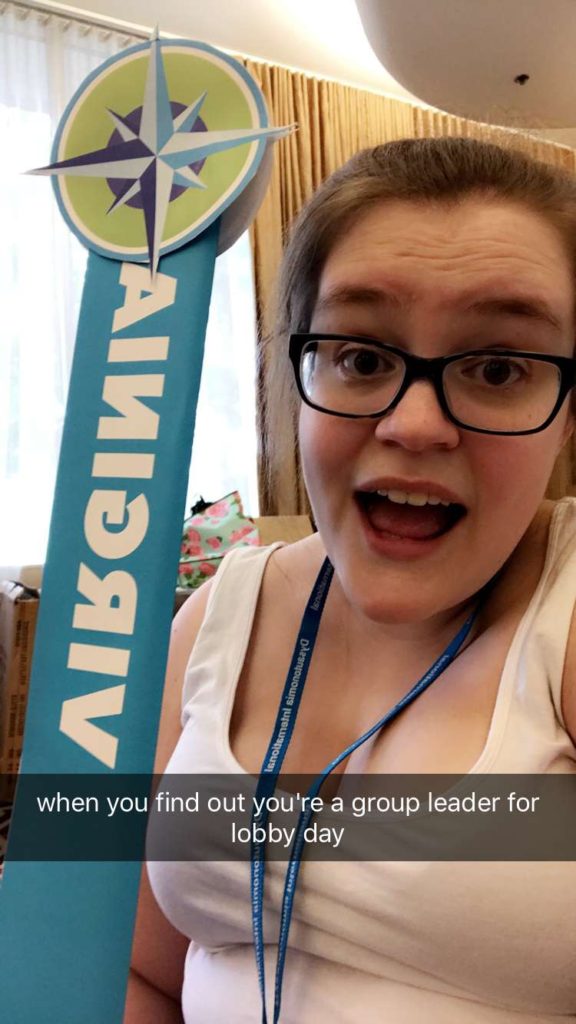
I can pronounce big, gigantic medical words, and long diagnoses: I can say “hyperadrenergic postural orthostatic tachycardia syndrome” in less than 2 seconds (yes, I timed myself using the stop watch on my phone) and talk about disorders that many doctors don’t even know about. (But if physician education starts with an informed patient, then I’ll learn!)
I have had more EKGs, echocardiograms, poor man’s tilt tables, holter monitors, than I can keep track of. I’ve had blood draws, I’ve done 24-hour urine captures (YEAH, ask me more about that one), I’ve done WEIRD medical testing (did you know that most weird medical testing involves putting some type of strange mask on you?)–and my parents have graciously paid more medical bills than anyone should ever have to.
Who has two thumbs, an autonomic dysfunction, and almost fell asleep during her echocardiogram? #THISGIRL #POTSproblems
— shannon linford (@shannern) September 25, 2015
I’ve helped organize fundraisers, I’ve run an online support group for teenagers with dysautonomia, I’ve made silly dysautonomia Valentine’s, I’ve walked a mile for POTS, and then volunteered at the same event a year later to get out of walking a mile for POTS, I’ve freaked out every time I hear dysautonomia mentioned on medical dramas, I’ve solicited friends for birthday donations for Dysautonomia International, I have hunted down famous people with POTS to try and become friends… I have so much more to do and I have no intention of slowing down any time soon.
Because I’m fifteen years in with autonomic dysfunction, five years in with diagnosis, and I’m just getting started.
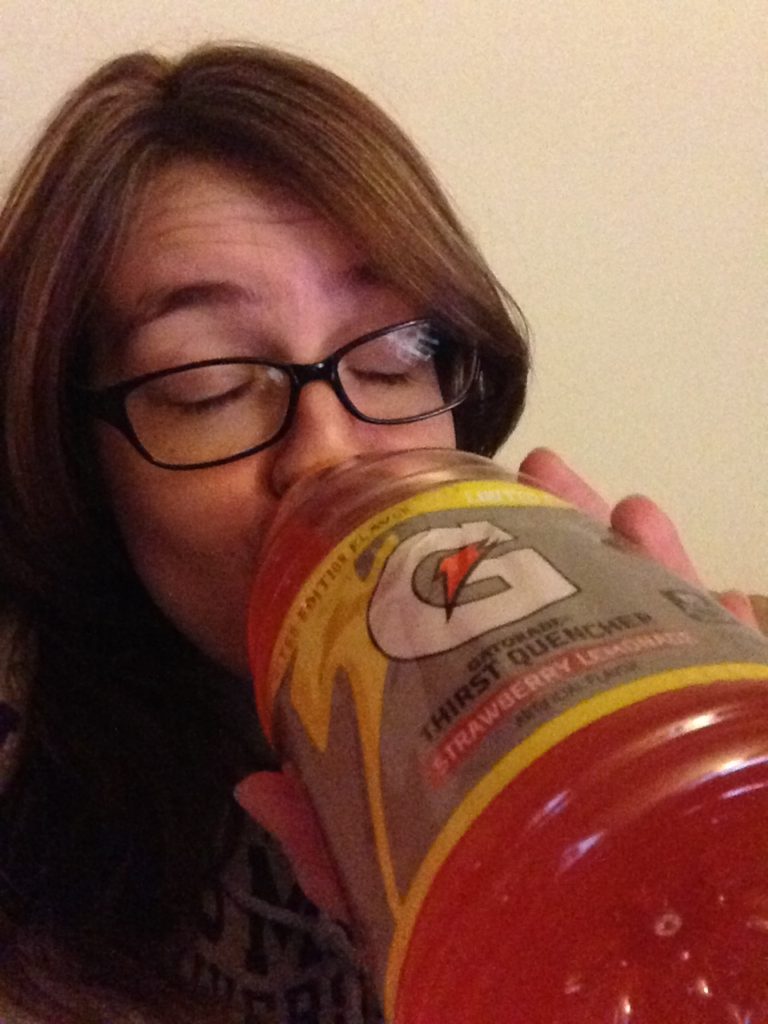
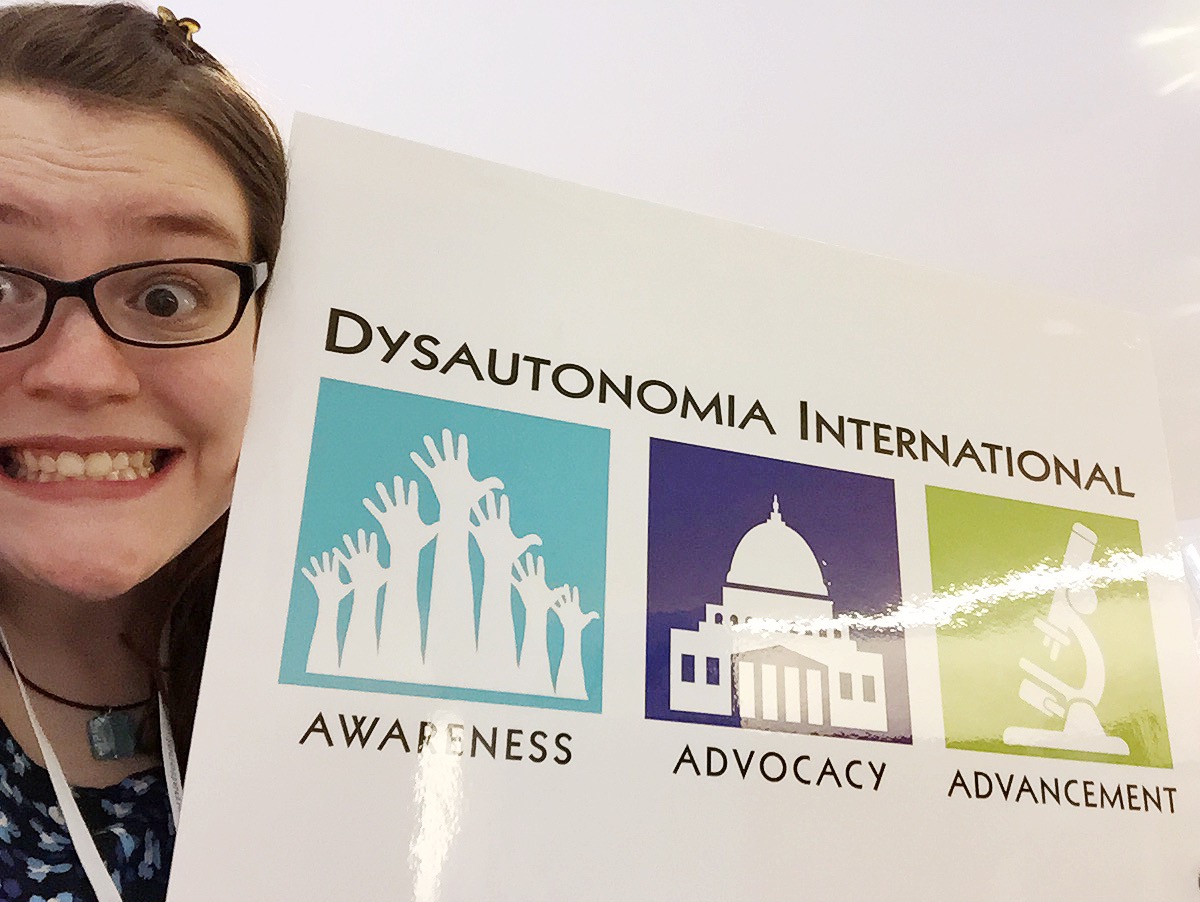
What a fantastic blog post. I wish you didn’t have POTS, but the Dysautonomia community is so lucky to have you. You’re a joy and a delight. ( ❤️ Rhonda, Tess’s Mom)
Rhonda, thank you so much! You are SO kind! Tess is such a lovely young woman and while I also so much hate the circumstances that we know each other, I’m so grateful that I do! She’s such a rock star!!!